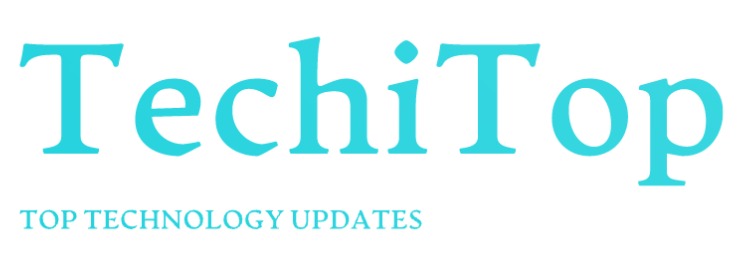In today’s data-driven world, the demand for skilled data scientists is skyrocketing. Data science has become the cornerstone of decision-making in numerous industries, from finance and healthcare to marketing and technology. For those aspiring to enter this exciting field, choosing the right data science course is crucial. This comprehensive guide will help you navigate the complex landscape of data science education and make an informed decision about the best data science course for you.
The Quest for the Best Data Science Course
The journey towards becoming a data scientist begins with selecting the most suitable data science course. The abundance of options can be overwhelming, but your choice should revolve around your goals, interests, and current knowledge. To make an informed decision, consider the following factors:
Your Current Skill Level: Assess your proficiency in data science programming languages in 2023. If you’re a beginner, look for courses that offer comprehensive fundamentals. For intermediate or advanced learners, specialized courses might be more appealing.
Course Content: Investigate the curriculum. The best data science courses cover a range of topics, including data collection, analysis, machine learning, and data visualization. Ensure the course aligns with your objectives.
Instructor and Institution: Look into the credentials and expertise of the instructors. Research the reputation of the institution offering the course.
Flexibility and Delivery: Consider your preferred learning style – whether you thrive in a structured classroom setting, or you prefer the flexibility of online courses.
Real-World Applications: Seek courses that include practical projects, case studies, or internships, as they provide hands-on experience that’s invaluable in the real world.
Cost and Duration: Evaluate the course’s cost and the time you can allocate. Some data science courses are lengthy and expensive, while others offer a more cost-effective and time-efficient approach.
Data Science Programming Languages in 2023
A fundamental aspect of any data science course is the programming languages it covers. In 2023, the most relevant data science programming languages will continue to be Python and R.
Python: Python remains the go-to language for data scientists due to its versatility, extensive libraries, and a robust community. A good data science course should offer in-depth training in Python, covering libraries like NumPy, pandas, and scikit-learn.
R: R is another popular language in the field, particularly for statistical analysis. While not as versatile as Python, R excels in data visualization and statistical modeling. A comprehensive data science course may offer an introduction to R for a more well-rounded education.
Remember, the best data science course should equip you with proficiency in both languages, allowing you to choose the one best suited to a particular task or project.
The Future of Data Management
As you embark on your data science journey, it’s essential to stay informed about the ever-evolving field. One aspect to watch is the future of data management. The ability to collect, store, and analyze data efficiently is crucial. Data science professionals need to adapt to new data management technologies, tools, and practices as they emerge.
Data management is a fundamental component of data science, impacting data quality, accessibility, and security. The future holds exciting possibilities, with innovations like blockchain, AI-driven data management, and enhanced data privacy measures. Understanding the future of data management is key to staying at the forefront of the data science field.
In conclusion, choosing the best data science course is a significant decision on your path to becoming a data scientist. Consider your current skill level, course content, instructors, flexibility, real-world applications, cost, and duration when making your choice. Moreover, keep a close eye on the evolving landscape of data science programming languages and the future of data management to ensure you remain relevant in this dynamic field.

